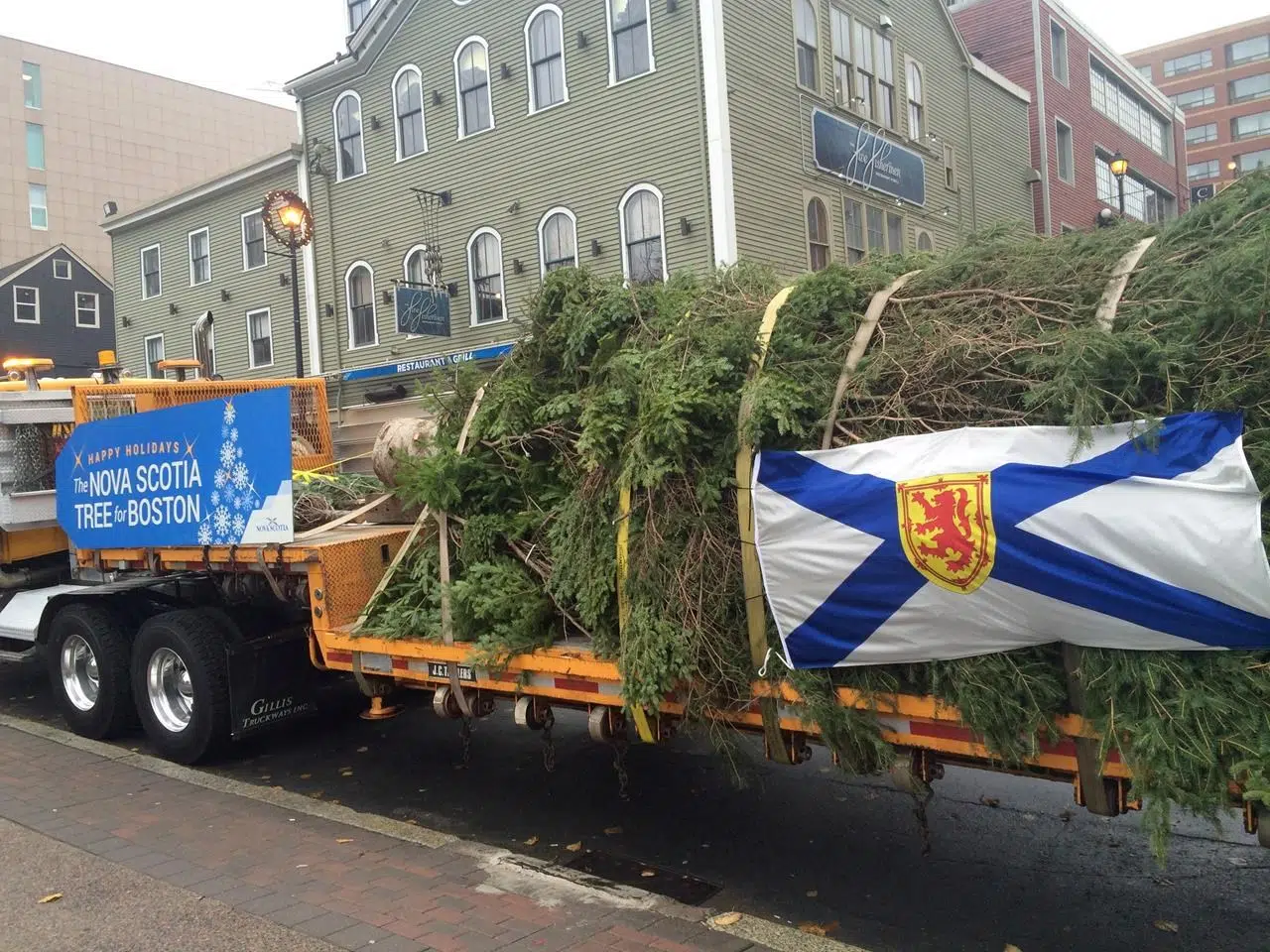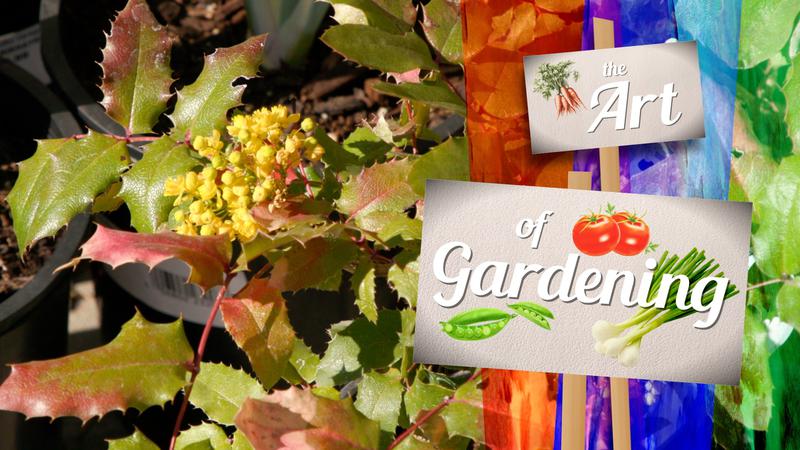
N.S. sends Boston its annual Christmas tree as thanks for aid 99 years ago
HALIFAX — A broad grin stretched across Dave MacFarlane’s face as he climbed into his rig and glanced back at the 14-metre white spruce tree splayed across the back of his flatbed.
The Nova Scotia truck driver tooted his horn and waved to hundreds of onlookers gathered outside Halifax City Hall before setting off on a 1,100-kilometre journey that has been travelled for decades as a way of giving thanks to the people of Boston for their help in the wake of one of the country’s deadliest disasters.
MacFarlane said Wednesday it was a “great honour” to be able to deliver the Christmas tree to the New England city, which famously dispatched medical personnel and supplies hours after getting word that the Halifax Explosion killed almost 2,000 people, injured 9,000 and levelled a Mi’kmaq village when a munitions ship exploded in the city’s harbour on Dec. 6, 1917.
“It’s pretty moving,” he said, as people snapped selfies in front of the 67-year-old tree. “I’m just glad to be part of it — people ask us all about the tree and they’re really excited.”


